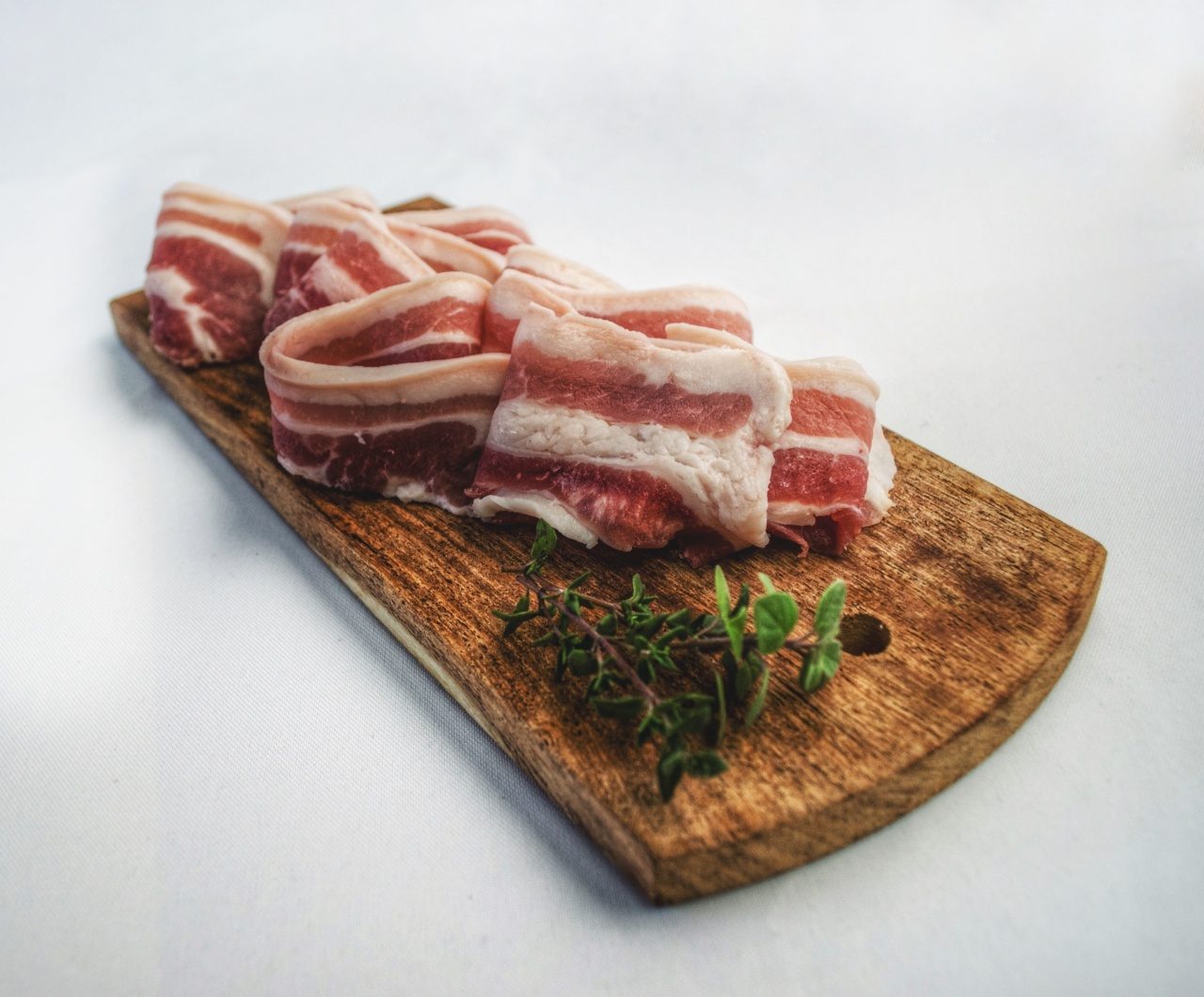Bacon. The mere mention of this crispy, fatty, salty, and oh-so-delicious treat can make even the most health-conscious individuals salivate with anticipation.
Whether it’s served as a side dish to eggs or crumbled on top of a salad, bacon has become a staple in many people’s diets. But could this obsession with bacon be dangerous? Can eating too much pork actually lead to death?.
The Rise of Bacon Obsession
Bacon hasn’t always been the superstar of breakfast meats. In fact, it wasn’t until the early 2000s that bacon started to make a comeback. From bacon-wrapped scallops to bacon-flavored ice cream, bacon was suddenly everywhere.
It was the star of food blogs, cooking shows, and social media feeds. People started to refer to themselves as “bacon lovers” and proudly displayed their devotion to the meat. It seemed like nothing could stop the bacon craze.
The Health Risks of Eating Too Much Pork
It’s no secret that bacon isn’t the healthiest food out there. It’s high in fat, calories, and sodium. Eating too much bacon can lead to weight gain, high blood pressure, and heart disease.
In fact, a study published in the Journal of the American Medical Association found that eating just one slice of bacon a day can increase the risk of colorectal cancer by 20 percent.
But it’s not just bacon that’s the problem. Pork in general is also a cause for concern.
According to the World Health Organization, processed meats like bacon, sausage, and ham are classified as Group 1 carcinogens, which means they’re known to cause cancer in humans. And even unprocessed pork has been linked to an increased risk of pancreatic cancer.
How Much Pork is Too Much?
So, how much pork is safe to eat? According to the American Institute for Cancer Research, it’s best to limit your intake of red meat, including pork, to no more than 18 ounces per week. That’s roughly equivalent to three six-ounce servings.
And when it comes to processed meats like bacon, the World Health Organization suggests consuming as little as possible.
The Risks of Eating Pork in Other Countries
The risks of eating too much pork aren’t just limited to the United States. In some countries, pork can be even more dangerous. For example, in China, overuse of antibiotics in pig farming has led to widespread antibiotic resistance in humans.
Pork in some parts of Asia can also be contaminated with infectious diseases like Japanese encephalitis. And in some Muslim countries where eating pork is forbidden, there have been cases of people intentionally poisoning pork dishes to harm those who disobey religious rules.
Alternatives to Pork and Bacon
So, what can you do if you’re a bacon lover but want to avoid the health risks associated with pork? There are plenty of alternatives out there that can give you the same satisfying taste without the dangers.
Turkey bacon, for example, is lower in fat and calories than traditional bacon. Vegetarian and vegan bacon substitutes made from soy or mushroom protein are also becoming more widely available.
And for those who can’t live without the taste of pork, there are also other types of meat that can be used in place of bacon, such as turkey ham or beef bacon.
The Bottom Line
Bacon may be delicious, but it’s important to think about the long-term health risks associated with eating too much pork. From heart disease to cancer, the dangers of pork are very real. However, that doesn’t mean you have to give up bacon entirely.
By limiting your pork intake and exploring alternative options, you can still enjoy the taste of bacon without putting your health at risk.






























